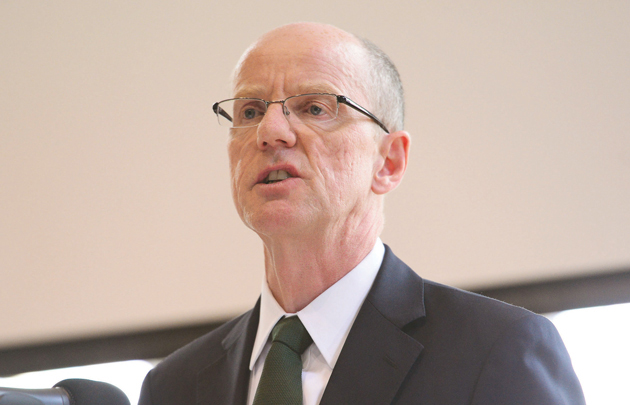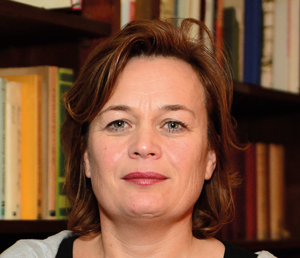With just weeks to go before the apprenticeship levy and the apprenticeship standards come on line, we are in urgent need of a proper regulatory framework, says Graham Hasting-Evans
The government has made it clear the Institute for Apprenticeships is to be a regulatory body for two critical parts of our new skills system.
But government is less clear how this fits with Ofqual’s role as the qualifications regulator for England and how the planned external quality assurance regulatory role will work.
The IfA will drive all of the major changes in our skills system but it’s only now being created; realistically, it’s probably a year away from being fully operational.
The approach to oversight of assessment organisations appears more fragmented
So there is no newly-established regulatory framework for the reformed (trailblazer) apprenticeships starting in just a few months, or for the soon-to-emerge technical qualifications arising from the post-16 skills plan. (The DfE has announced work on writing phase one of the new technical qualifications is due to start soon, with an invitation for awarding organisations to tender in the autumn.)
Agreements between the Skills Funding Agency and employers, as well as training providers, have been prepared to control the levy but they are principally about money, not quality assurance and regulation. They are not a regulatory framework for the control of apprenticeship end-point assessments and technical qualifications.
Part of any regulatory framework has to be the oversight and monitoring of training providers and assessment organisations. Clearly Ofsted will take the lead monitoring most of the training providers and although it’s not clear about universities, one would expect a single consistent monitoring arrangement, such as that from Ofsted, would give training providers, apprentices and employers the assurance they need.
But in respect of the oversight and monitoring of assessment organisations, the approach appears more fragmented.
Trailblazer employer groups can pick one of four options for external quality assurance organisations: an employer-appointed body, such as a sector organisation like the sector skills council; a professional body; Ofqual; or the IfA – which is unlikely to be in a position to do this properly for some time.
Different trailblazer employer groups have opted for one of the four and it’s understood each option now has apprenticeship standards assigned to it, with a larger proportion being assigned to Ofqual.
This will have a detrimental impact on public confidence
Right now there is no clear advice on the way this will work, although we are told it’s being worked on. Most external quality assurance organisations are planning to make a charge, which will be borne by the apprenticeship assessment organisation and charged to the employer through the end-point assessment fee.
Ofqual will not be charging. It will use its current regulatory framework, funded by the taxpayer.
But with just weeks to go before the levy and apprenticeship standards go live, and just months away from new-style technical qualifications being written, a proper regulatory framework is needed now!
The implications of not having any controls in place are that very different regulatory rules will be developed by the various external quality assurance organisations, potentially resulting in harder regimes in some sectors and easier regimes in others. This will have a detrimental impact on the ‘apprenticeship’ brand and the public’s confidence. In addition, training providers and apprenticeship assessment organisations will have to deal with a wide range of different rules, adding to both the regulatory burden and the cost.
We have a regulatory framework for qualifications, set up under the 2009 Act, with Ofqual as the statutory qualifications regulator.
It’s called the general condition of recognition and covers both qualifications and the existing SASE apprenticeship frameworks. Similar frameworks exist in northern Ireland, Scotland and Wales.
The GCoR works, is in place and is operational. It’s widely understood by both training providers and assessment organisations. It is focused more on ‘knowledge’ rather than ‘competency’, but does do most of the job.
So why not be pragmatic and adopt the GCoR as the short-term regulatory framework for apprenticeship end-point assessment and the new technical qualifications, until the institute is fully operational and has developed, consulted upon and finalised a new regulatory framework?
Graham Hasting-Evans is managing director at NOCN







